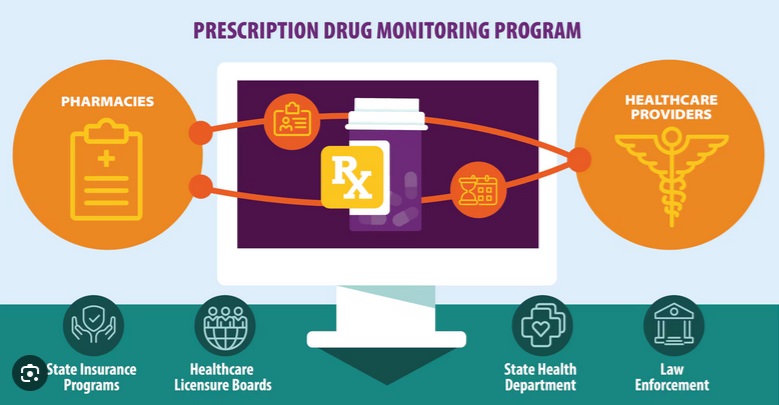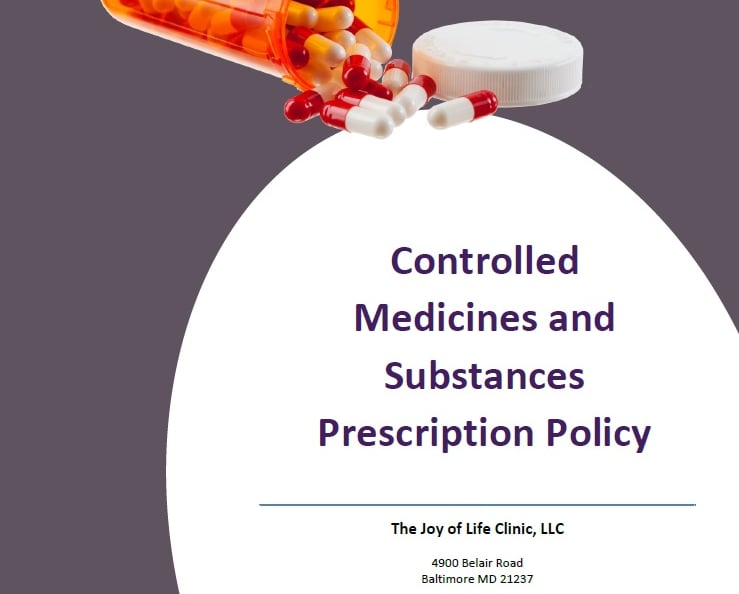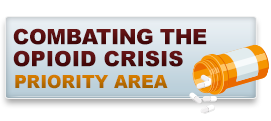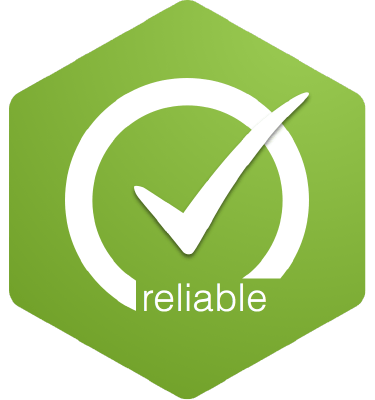
Who We Are
Schedule III Drugs
Schedule III drugs, substances, or chemicals are controlled drugs that may be medically necessary but with the following characteristics.
Potential for abuse: MODERATE to LOW
Potential for severe psychological or physical dependence: MODERATE to LOW
Schedule III drugs abuse potential is less than Schedule I and Schedule II drugs but more than Schedule IV
Some examples of Schedule IV drugs are:
Codeine products (products containing less than 90 milligrams of codeine per dosage unit, e.g., Tylenol with codeine)
Ketamine
Anabolic steroids
Testosterone
Methaqualone.
The above list is not exhaustive. There are numerous other substances that fall or could fall under Schedule IV.
Our policy regarding Schedule I Drugs:
Per regulation, WE CAN prescribe, dispense, or administer these drugs Schedule III drugs for medical needs and under the right conditions.
Possible side effects of Some Schedule I Drugs and Substances:
Here are some of the side effects associated with a few Schedule I drugs:
Codeine: As an opioid, codeine can cause euphoria, drowsiness, nausea, vomiting, constipation, and confusion. It can also lead to respiratory depression and low blood pressure. Long-term use can result in tolerance, addiction, and withdrawal symptoms.
Ketamine: Often used as an anesthetic, it can cause disorientation, hallucinations, increased heart rate and blood pressure, numbness, and amnesia. Long-term use can lead to cognitive impairments, bladder problems, and dependence.
Anabolic Steroids: These synthetic substances, similar to the male sex hormone testosterone, can lead to liver damage, increased risk of heart disease, kidney damage, mood swings, aggression, and infertility. In men, it can also cause baldness, breast development, and testicle shrinkage. It can cause a deeper voice, increased body hair, and irregular menstrual cycles in women.
Testosterone: Used medically to treat hormone deficiencies, side effects can include acne, fluid retention, increased red blood cell count, increased risk of heart disease, sleep apnea, and prostate enlargement. Misuse can lead to aggressive behaviors, liver problems, and alterations in cholesterol levels.
.
At the Joy of Life Clinic, we closely monitor patients using Schedule III drugs to manage side effects and prevent potential abuse or dependence.
Our Prescription Drug Monitoring Policy
Our policy follows the CDC's PDMP guidelines to reduce the risk of drug overdose.


The landscape of marijuana is rapidly changing, with national movements pushing for its legalization and its medical use showing remarkable outcomes in a host of treatments. Also, there's a growing perception that marijuana transcends the traditional label of a "drug" and is viewed instead as a beneficial ally in medical therapy and even for recreational use.
Despite these shifting attitudes and the positive embrace of medical marijuana, it's essential for our patients to understand our critical regulatory reality. Under DEA guidelines, we remain restricted from prescribing, dispensing, or administering any substance listed as a Schedule I drug, which includes marijuana. This legal boundary shapes our practice and the services we can offer, even amidst evolving societal and medical perspectives.
So, under DEA guidelines, we are unable to prescribe, dispense, or administer marijuana (or cannabis or its other names).

Psychiatric evaluation and management
Other psychiatric and mental health reports.
Substance Abuse
We also provide these administrative services
Here're addiction problems we treat
Other nutrition and weight management services.
And we provide nutrition and weight management services to make your well-being even more complete
Don't let life's challenges define you—or your loved one—we are here to help you overcome and thrive!
Here're psychosocial and psychosomatic issues we treat
We operate under the laws and regulations of the State of Maryland as a Maryland outpatient clinic.

Home | About Us | Our Services | Blog | Terms & Conditions | Privacy | Telehealth | Forms & Resources | Appointments | Log In | Site Map | Contact Us
BY APPOINTMENT ONLY | NO WALK-IN
BEST WAY TO CONTACT US
Sign In to your account or Fill out the Contact Form or Appointment Form
or
Send us an Email at admin@jolclinic.com
Tel: (410) 231-3118 | Fax: (410) 262-6911
PATIENT RECORDS
To request your patient records, please sign in or go to the patient records information page.
Copyright © 2024 by the Joy of Life Clinic LLC.
4900 Belair Road
Baltimore MD 21206






















